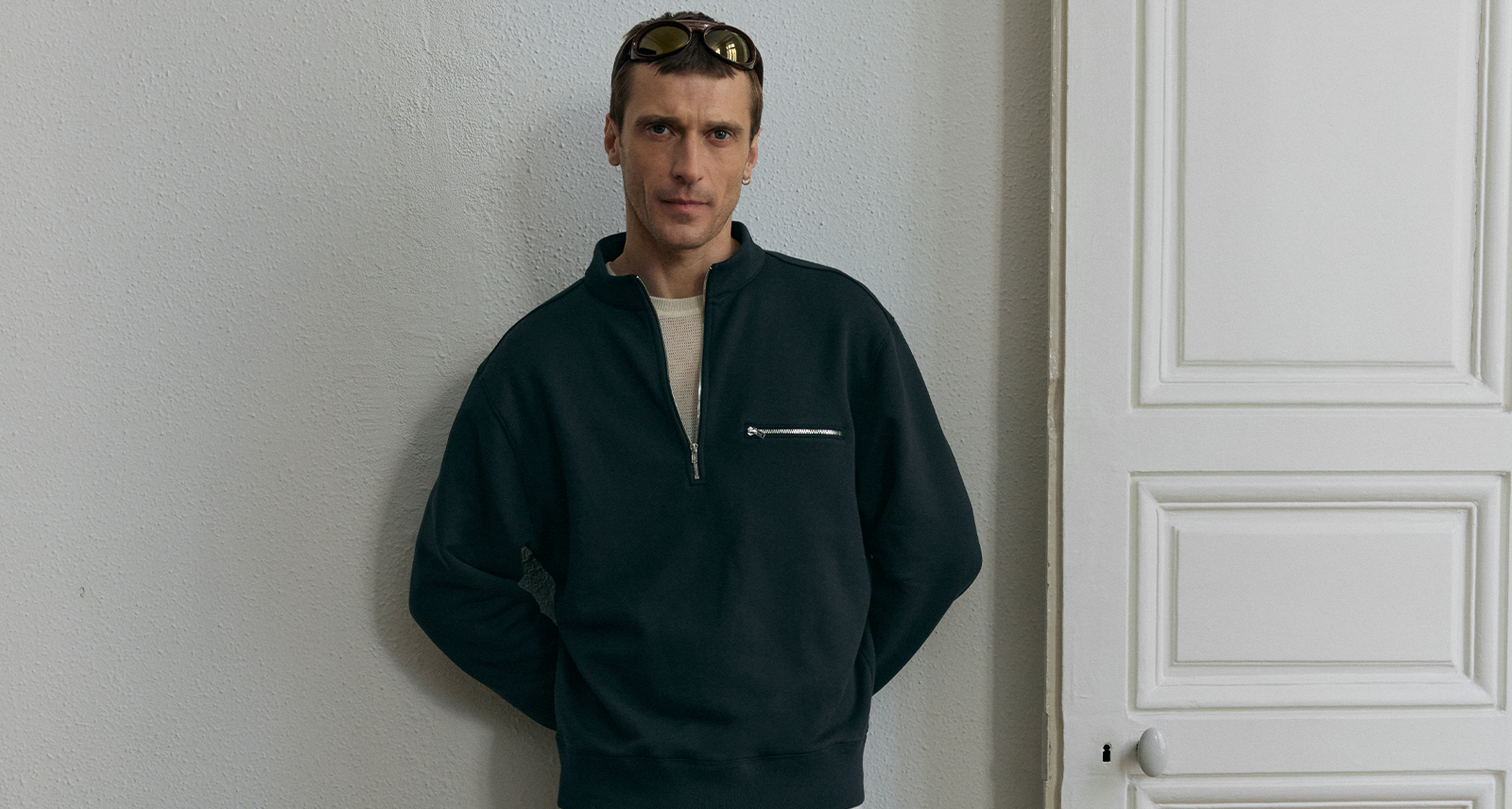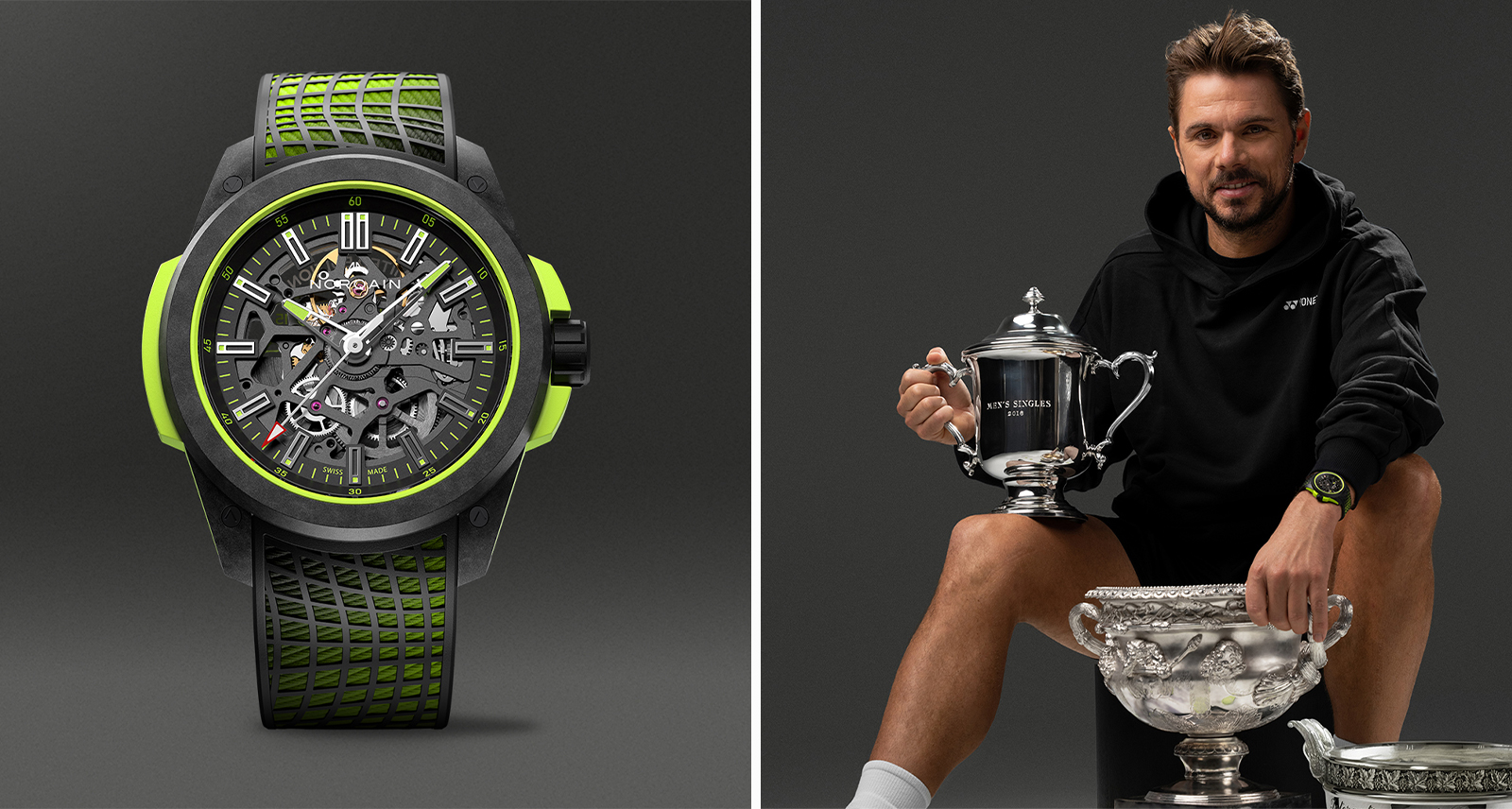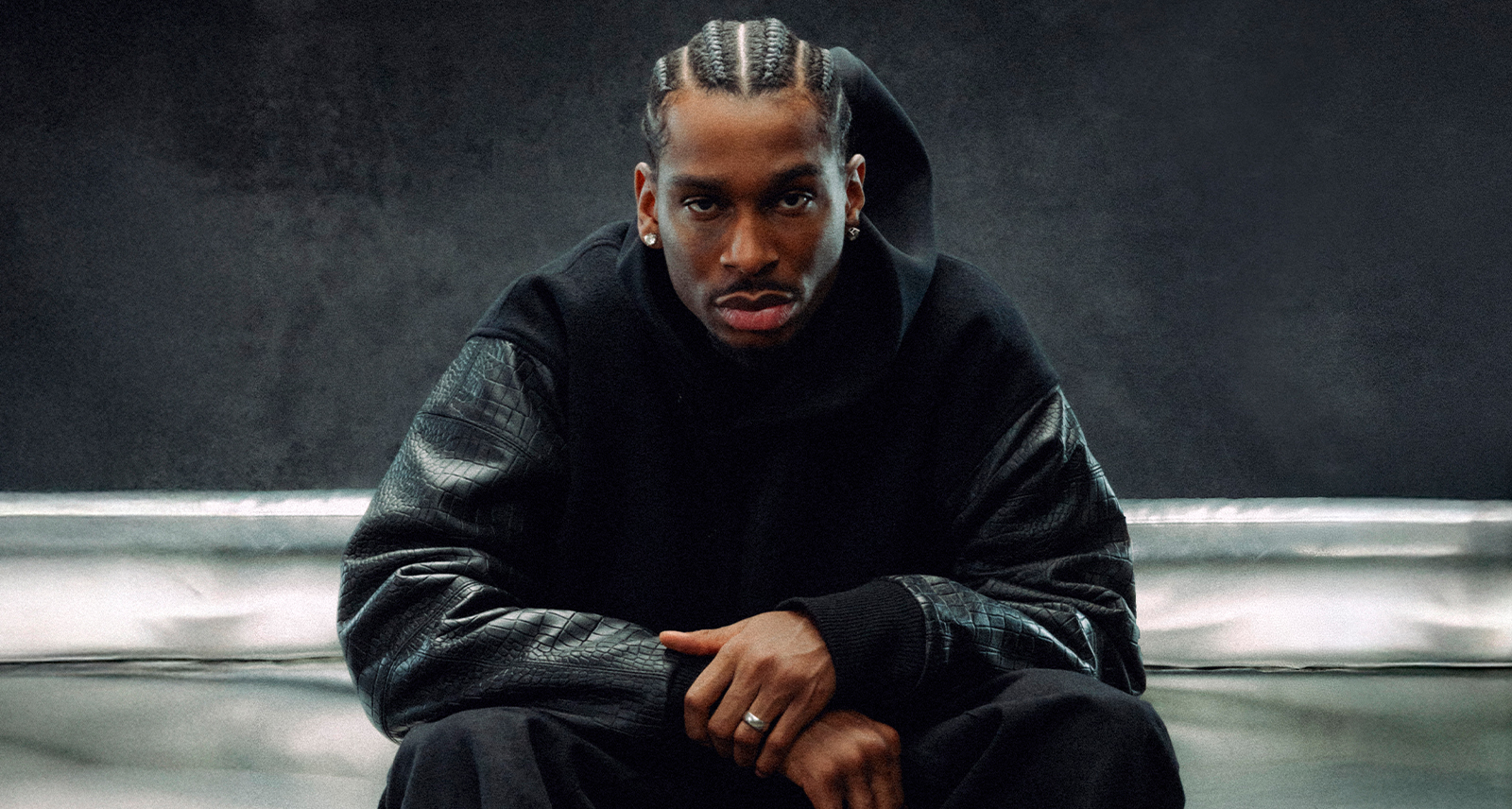Toronto-based brand Literary Sport might make the world’s most discerning running clothes. What it doesn’t make is non-descript carbon-copy marathon gear, says Jackie McKeown, who serves as design director and leads overall creative direction, with her partner Fran Miller as co-creative director.
“I’ve done 22-kilometre runs in Literary Sport, and it’s no problem to stick a gel in the little side pocket,” McKeown says, but the brand isn’t unduly focused on functionality for the sake of functionality. Instead, the Literary Sport’s clothes are purposeful — ultimately meant to run in — nuanced and refined; with functional details, yes, but carefully chosen ones.


Founders M. Bechara and Deirdre Matthews — runners but also readers, hence the name — brought McKeown and Miller on board in 2022 to help bring Literary Sport to life.
The world of running gear is saturated with products focused on speed and performance. “We wanted to make what was missing,” McKeown explains. “There’s a little bit less of a focus on a slightly more mature audience.”
As such, Literary Sport is “introspective and artful,” McKeown says, while others might qualify it as minimalistic. Rather than churn out “superhero running clothes” — bright, braggadocious — Literary Sport focuses on things that might not be seen, but will definitely be appreciated. It mirrors a running philosophy that many of the brand’s acolytes share: doing it not to be seen for external validation, but for the personal, often internal, ritual.

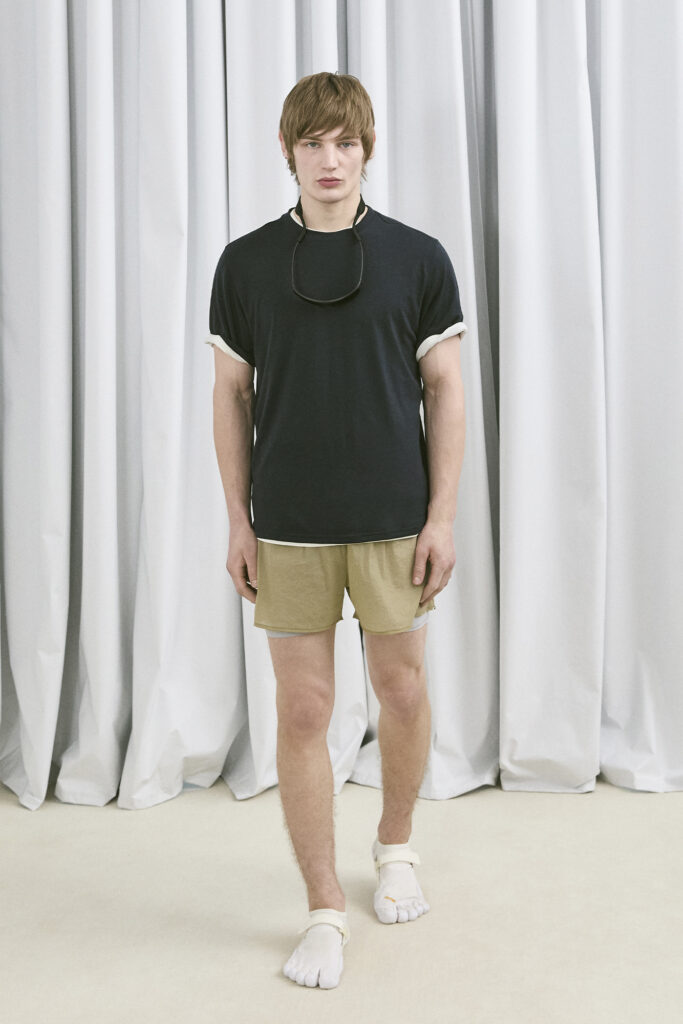

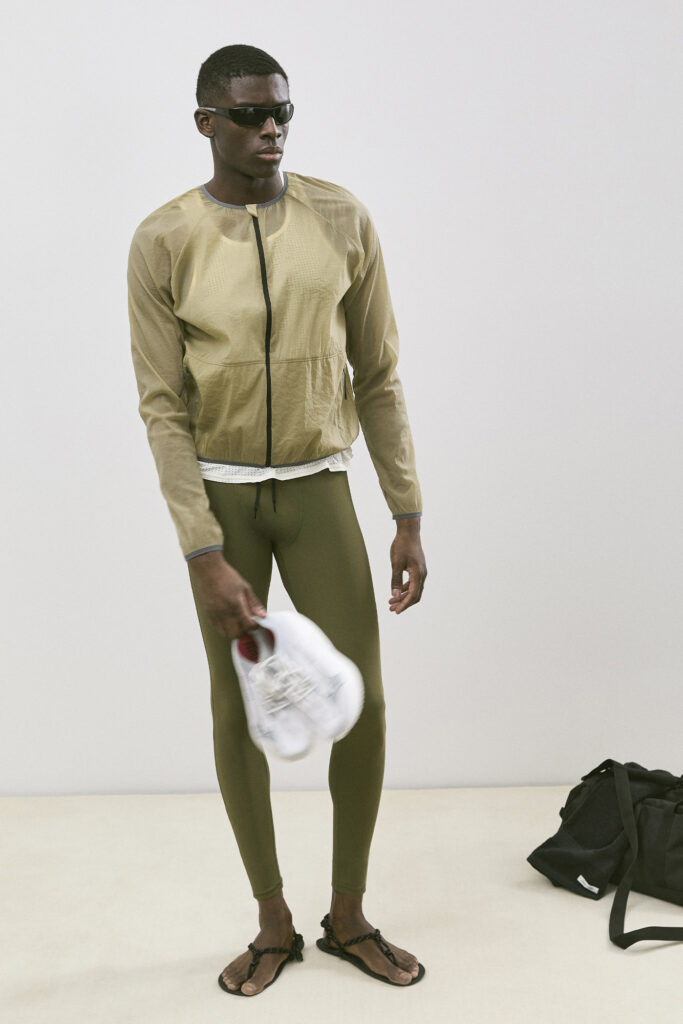
There is a ritual, of sorts, to Literary Sport’s clothes, which are the by-product of lots of time and energy invested into research and development. McKeown, an avid runner, will set out in samples, paying attention to what feels good and what doesn’t. Like good distance running, the focus on form is where tangible differences are made, with expert tailoring taking the place of foot strike techniques. McKeown cites Literary Sport’s Ashbery Jacket as an example, with darted elbows that are more accommodating to a runner’s bent arms, precisely curved sleeve cuffs, and a front pocket that can be used for on-the-go storage — or to self-pack the jacket.
And, like running, the form is augmented by an attention to detail that prioritizes marginal gains. In the case of Literary Sport’s clothes, that comes in the form of its fabric sourcing. Mills in Japan, Italy, and France, “each that we deem to be the highest quality in the specific fabrics they’re producing,” McKeown says, contribute textiles — painstakingly chosen so that pieces have the right weight and functional properties — that ultimately become Literary Sport garments. The fabrics are of the utmost importance to McKeown and the Literary Sport team, and, she says, to their customers. It’s why, in 2025, the brand will be emphasizing physical pop-ups, both in Canada and abroad, to give people a chance to see the difference up close — to touch the darted elbows and feel what the precisely right level of PrimaLoft is.
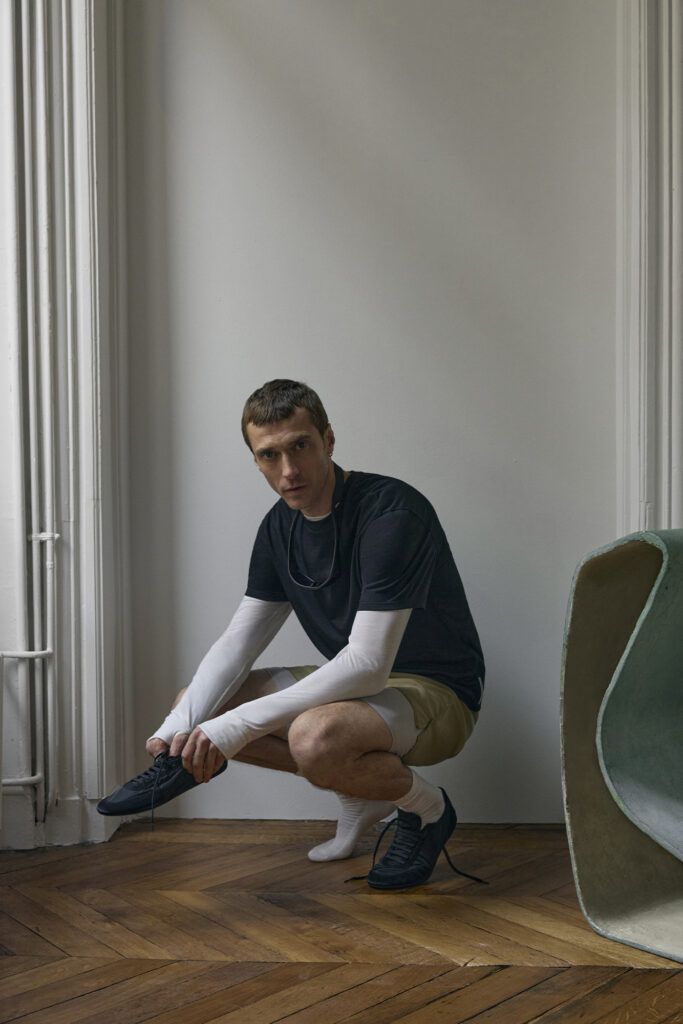
When you take up distance running, it can be extremely daunting, immersed in a world of high-tech gear, gels, and Strava personal bests that never feel good enough. But when you block out the noise and focus on your form and the ritual, the daunting can become peaceful — even essential — one step at a time.
Literary Sport’s focus on form has meant that, in a world dominated by big brands with budgets in the tens of millions of dollars and bright colours, they’ve blazed their own trail, one carefully placed stitch at a time, where running clothes can be both functional and beautiful.
